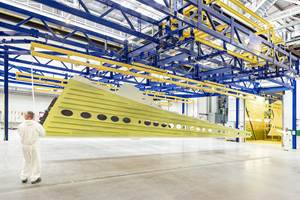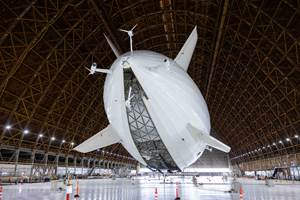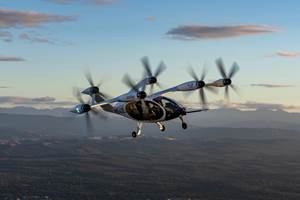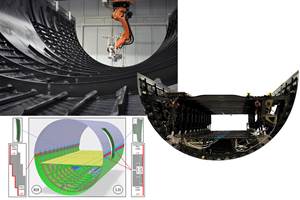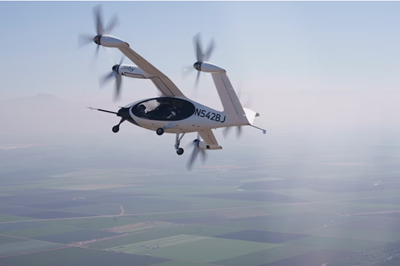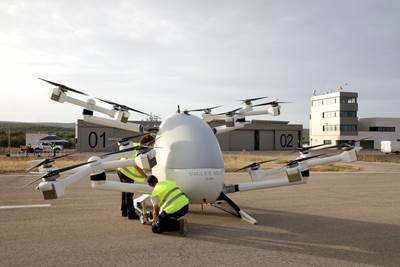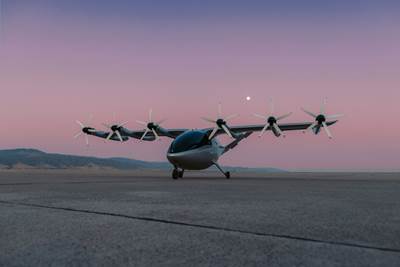FAA’s eVTOL shift pushes Joby’s launch into 2025
Joby Aviation has pushed back the targeted launch of commercial passenger service to 2025, citing internal considerations and certification criteria shifts.
In a widely reported message to shareholders on Nov. 3, Joby Aviation’s (Santa Cruz, Calif., U.S.) founder and CEO JoeBen Bevirt announced that the company is delaying the commercial launch of its electric vertical takeoff and landing (eVTOL) ridesharing services until 2025, citing internal consideration and shifts in Federal Aviation Administration (FAA) certification criteria. The company had originally planned for service launch in 2024.
One of the main factors given for the delay was the FAA’s decision to tweak the way it will certify eVTOL air taxis like those Joby is developing. That involved the regulator determining those vehicles would not be evaluated with the same criteria as small planes, but as “power-lift” transportation— closer to helicopters — as outlined in federal aviation regulation 21.17(b).
“We originally believed we would certify our aircraft with the FAA under Part 2117A,” Bevirt said in the message to shareholders. “That path would not have required any new or modified rulemaking on the operational side. The FAA has advised the sector that we will be certifying our aircraft under the 2117B path instead. This means that to operate our aircraft, we will need SFARs [special federal aviation regulations] in place, and the FAA has advised that they don’t expect these to be finalized until late 2024. We, therefore, don’t expect commercial passenger service to start until 2025.”
Bevirt adds that internal considerations have also factored into the delay. Those included trickiness in “having the right team in the right place at the right time,” “adding a number of key members and groups as necessary” and “translating prototype designs into certifiable parts.” Another challenge facing the company is that of vertically integrating its development and launch programs — in other words, scaling up to production, in which the “learning curve on manufacturing processes has been steeper than originally anticipated.”
“We have focused on vertical integration, and this is a huge asset, but it also means that we’re taking on a heavy lift,” Bevirt said. The company is developing capabilities to build powertrain components and digitizing its construction system.
Despite these setbacks, Bevirt says the company is now on the “firmest foundation we’ve ever had, and we understand the certification path with the FAA more clearly than ever. We have the right teams in the right places, as well as plans to fill remaining gaps, particularly as we move into a busy testing phase. And we’re working through the design-to-production growing pains that every manufacturing business experiences.”
In the meantime, the company is in active discussions to begin initial service operations of its aircraft in 2024 with the U.S. Department of Defense (DOD), ahead of its commercial service launch. The company has also continued its internal flight testing program, and is still making progress on finalizing its means of compliance with the FAA — a series of steps that will guide a portion of the certification process. Joby says 84% of its means of compliance have been accepted by the FAA, putting the company in a strong position to be “substantially complete” with this portion of the process by the end of 2022.
Related Content
Plant tour: Spirit AeroSystems, Belfast, Northern Ireland, U.K.
Purpose-built facility employs resin transfer infusion (RTI) and assembly technology to manufacture today’s composite A220 wings, and prepares for future new programs and production ramp-ups.
Read MoreNext-generation airship design enabled by modern composites
LTA Research’s proof-of-concept Pathfinder 1 modernizes a fully rigid airship design with a largely carbon fiber composite frame. R&D has already begun on higher volume, more automated manufacturing for the future.
Read MorePlant tour: Joby Aviation, Marina, Calif., U.S.
As the advanced air mobility market begins to take shape, market leader Joby Aviation works to industrialize composites manufacturing for its first-generation, composites-intensive, all-electric air taxi.
Read MoreManufacturing the MFFD thermoplastic composite fuselage
Demonstrator’s upper, lower shells and assembly prove materials and new processes for lighter, cheaper and more sustainable high-rate future aircraft.
Read MoreRead Next
Joby applies for eVTOL certification in Japan
Company intends to bring eVTOL technology to Japan, with a new agreement between Japanese and U.S. aviation regulators streamlining the process.
Read MoreConcept Integrity eVTOL completes successful second test flight
Carbon fiber prototype, developed by partners Umiles Next and Tecnalia, took to the skies in its first free flight intended to determine its feasibility operating in urban environments.
Read MoreArcher Aviation sets ambitious target to build 250 eVTOLs in 2025
With its upcoming unveiling of the composite Midnight eVTOL, Archer Aviation forecasts a rapid production ramp-up in the following years.
Read More

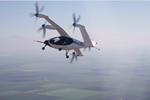
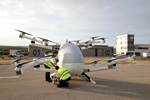
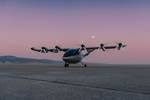
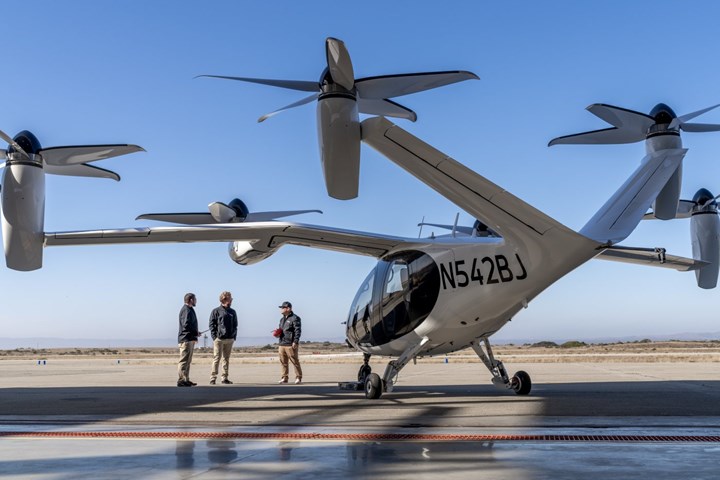





.jpg;maxWidth=300;quality=90)








